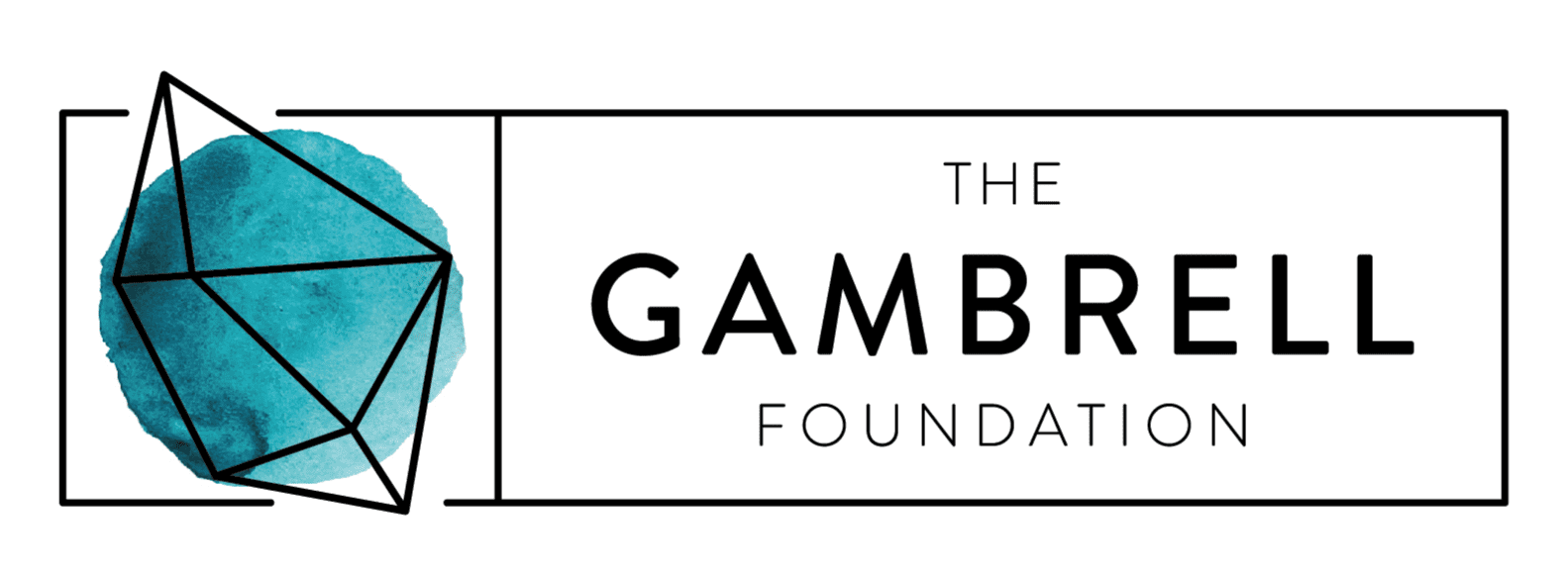Searching for stability: The pandemic’s impact on Black women and their families in Charlotte


 Dr. Kendra Jason Dr. Kendra Jason |
 Dr. Tehia Starker Glass Dr. Tehia Starker Glass |
 Dr. Janaka Bowman Lewis Dr. Janaka Bowman Lewis |
This project is part of the third cohort of Gambrell Faculty Fellows. Read about the fellows progam and other projects here.
The COVID-19 pandemic is an earthquake that shook us all — but not everyone has the same foundation to ride out the quake and the aftershocks.
“Who feels the brunt of that the most? In Charlotte, poor Black women are going to feel that more than most other groups,” said Dr. Kendra Jason, an associate professor of sociology.
They’ll seek to understand the relationship between stability in work, housing and schools, subjects that are intimately related but often treated as separate silos. The longitudinal, interview-based study will “aim to learn the challenges of being housing and employment insecure and understand not only how these challenges influence their children’s schooling experiences but also the strategies they use to maintain their children’s educational stability during the era of COVID-19.”That’s why Jason, along with associate professors Dr. Tehia Starker Glass and Dr. Janaka Bowman Lewis, plan to follow 15 Black women who are housing insecure in the context of their families, to learn about their experiences over the course of a school year in Charlotte.
Breaking down the silos around these issues is important to our understanding of community challenges, the researchers said.
“Educators are looking at hypersegregation, not housing policy and gentrification,’ said Glass. “When I talk to a friend who’s an economist, they’re looking at it from a completely different perspective, even when we’re having the same conversation. It’s ultimately frustrating to see how everyone is having a conversation about the same thing, but we’re not having this conversation together.”
The research team is partnering with a community liaison, Danielle Brown, who specializes in transient populations in Charlotte. Jason said their work will celebrate the women’s successes as well as highlight their challenges, rather than view their narratives solely through a frame of deficits and what the women lack.
One thing they won’t do: Treat the women as research subjects.
“This is not studying Black women. This is including Black women in the research progress,” said Jason.
As three Black mothers themselves, the project team is keenly aware of the need to center Black womens’ lived experiences in their work. Throughout the pandemic, their community of “mother scholars” have checked in on and supported each other as they navigate the challenges of educating children at home, working and the racial justice movement continuing with the George Floyd killing in 2020.
“A part of our conversation as well was, ‘We’re Black women, and we want to explore what’s going on with other Black women.’ We didn’t want to do research to them, we wanted to do this research with them and for them,” said Glass.
For Lewis, this project will bring an important set of voices to the table in Charlotte’s long-running conversation about how to improve the region’s economic mobility, ranked dead last out of 50 large metro areas in a 2014 study.
“We had started talking about this even before the pandemic, thinking about what Black women need for socioeconomic mobility,” said Lewis. But while people in the community were talking about Black women, they weren’t talking with them.
“Our narratives weren’t even present,” said Lewis — and that’s something she and her colleagues plan to change.